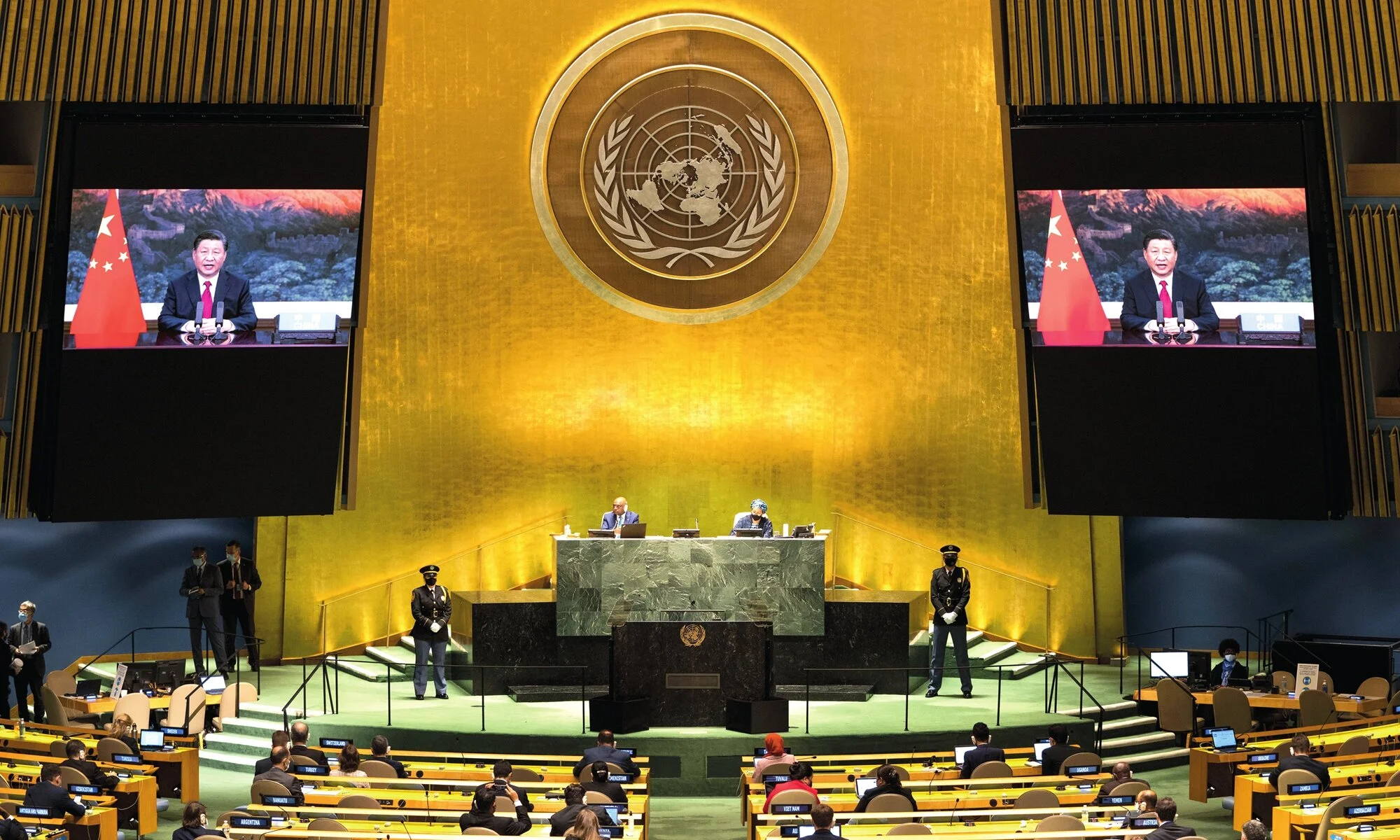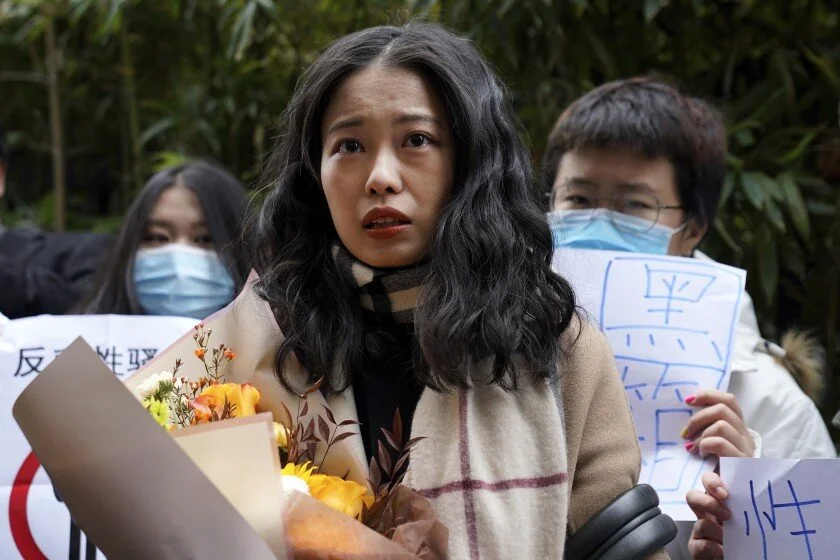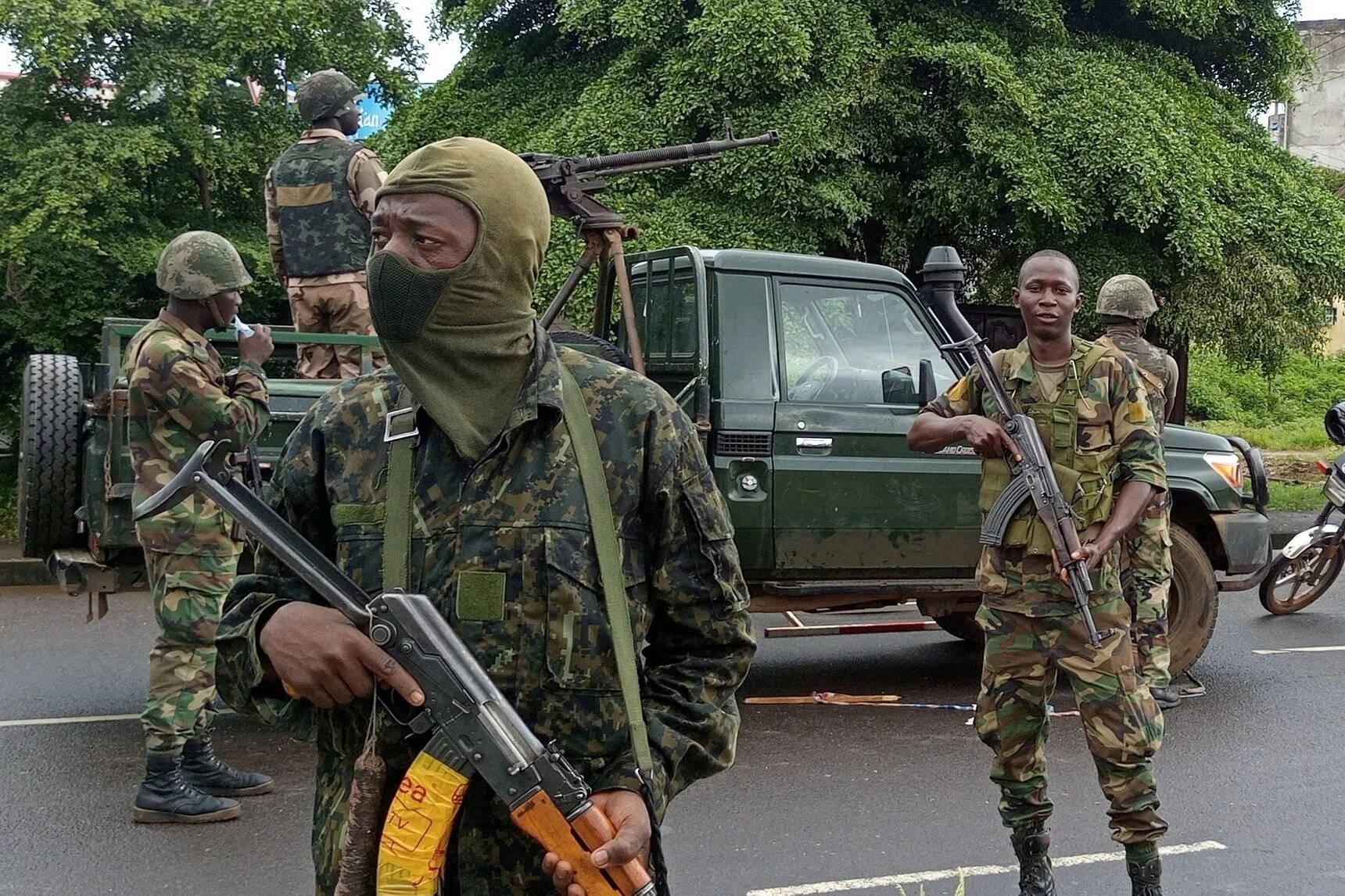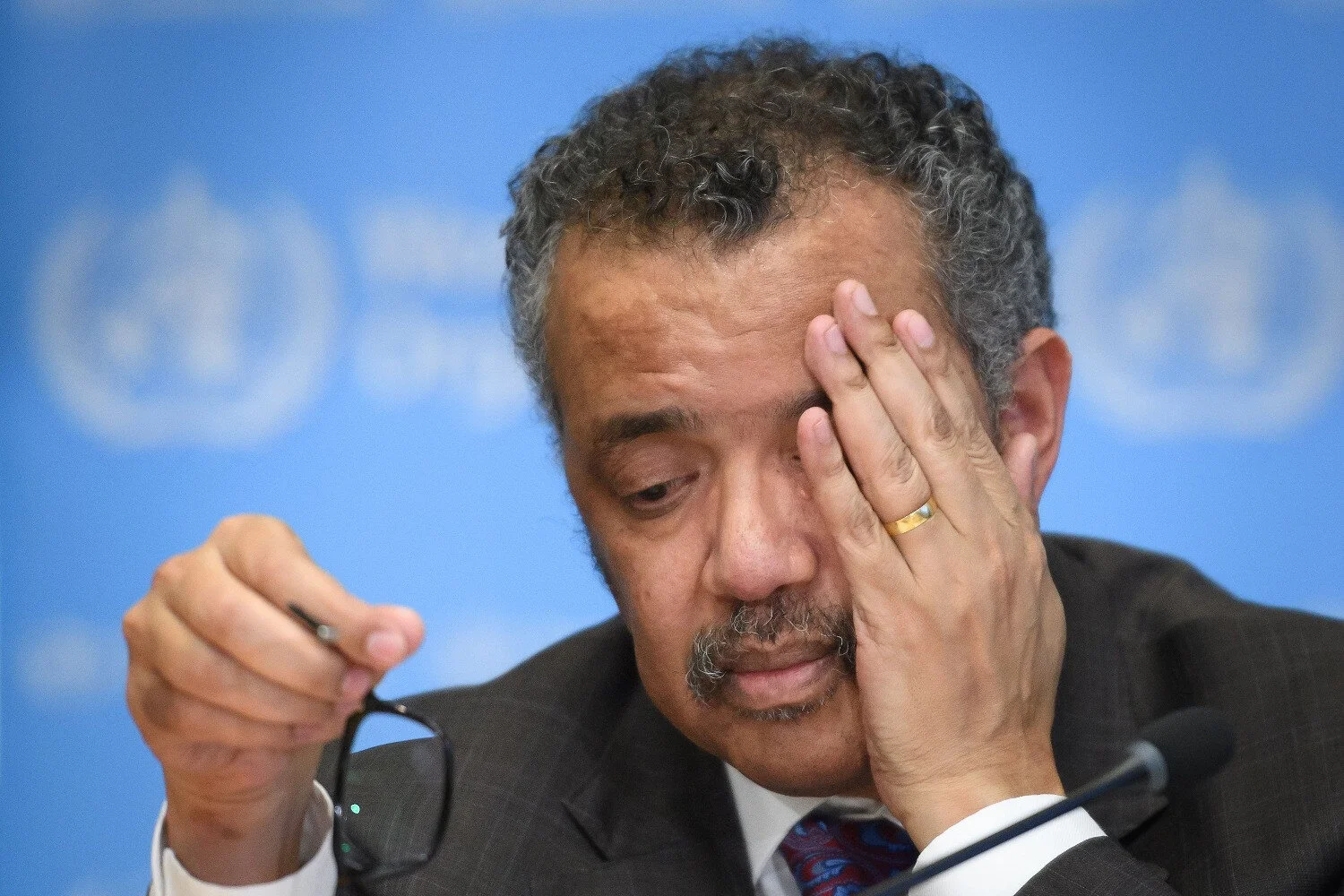“Culture and art’s role in social movements is just one of the many reasons why recognizing, protecting, and learning about cultural practices and sites around the globe are important. There are a variety of potential reasons why a country may want an aspect of their culture showcased and protected as culture encapsulates society and history.”
Read More“As the polls closed, Germans awaited what may be their most monumental election in the post-WWII era. Now, the SPD and the CDU seek the support of smaller parties, striving to form a coalition. This zero-sum game will not only revolutionize Germany’s political landscape but also the country’s role as a burgeoning world power amidst a declining Pax Americana.”
Read More“Our environment has dramatically changed since the beginning of the Industrial Revolution. We have increased the concentration of carbon dioxide in our atmosphere by 48%. Although we are developing sustainable, renewable technology, there are those that still oppose the transition to cleaner energy. If we are to preserve our environment for generations to come, we must have global leaders that are reducing environmentally unfriendly practices and switching to cleaner, sustainable sources of energy.”
Read More“In order to try to curb the growth of this movement, the junta has shut down the internet numerous times, and most recently have attacked telecommunication equipment which deprives the people from ways of communication. This recent attack that occurred on September 17th, took away internet access for approximately seven-hundred thousand people. The frequent suppression of the people’s voices are clear attempts of the junta establishment to maintain power and control in the country.”
Read More“China’s #MeToo movement faced a major obstacle on Tuesday, September 14, after a landmark sexual assault case was thrown out due to insufficient evidence. Zhou Xiaoxuan, the plaintiff, publicly stated that she will appeal the case against Zhu Jun.”
Read More“The decades-long conflict in Yemen has once more reentered the news as Houthi rebels have mounted an attack on a Yemeni military base. The attack is the latest in decades-long instability turned proxy war in the small gulf nation that has involved some of the biggest world powers.”
Read More“US-China relations are “as bad as [they have] been since Tiananmen,” according to an expert at UC San Diego. Why are analysts comparing the current relationship between China and the U.S. to that following the Chinese government’s murder of thousands of citizens? Tensions between D.C. and Beijing have risen dramatically in recent years.”
Read More“Decriminalizing abortion is the first step to increasing and expanding freedoms for women on an international scale as well as protecting them against domestic violence.”
Read More“Although the relationship between the U.S. and Egypt is important from a strategic point of view, at what cost does this value bring? Human rights are being trampled on by a U.S. ally and only small actions have been taken to remedy the situation. Only time will tell how President Al-Sisi will react given the Biden administration’s request for human rights violations to be addressed. One can only hope Western countries will hold their allies accountable for protecting and upholding basic, human rights.”
Read More“Emma’s Paralympic experience is one of resilience in the face of possible defeat, reflecting the very nature of the Paralympic Games.”
Read More“Such outspoken criticism of the government is dangerous in Communist Cuba – a national security state – where individuals who protest the government are accused of treason, and large-scale activism is brutally repressed.”
Read More“Doumboya stated that the coup d’etat is an attempt to restore political power to the Guinean populace and take it from corrupt politicians. He expressed a desire to construct a new Constitution.”
Read More“There is still a window for humanity to mitigate climate risk. In all of the U.N.’s climate predictions, the world temperature will increase by 1.5° C. Yet if countries mobilize rapidly to decrease emissions and reach net-zero carbon emissions by 2050, global warming may fall back below 1.5° C in the latter half of the century”
Read More“Following a withdrawal that many viewed as too hasty and which saw the death of thirteen US servicemen, Biden’s approval rating has dropped to its lowest number since he entered the White House.”
Read More“In the wake of violent clashes between rebel groups and the Chadian military, General Deby announces a transition government that attempts to appease opposition leaders while maintaining order.”
Read More“Tensions between Moscow and the West have escalated even further this week, with Russia running military exercises in the Black Sea and massing a large number of troops in Crimea and at Ukraine's border. This comes at a time when internal protests and international pressure around the health of Alexi Navalny already have eyes on Russia and coordinated sanctions have been launched by the US and EU.”
Read More“While all of these threats are not to be taken lightly, the grandest threat must be climate change and environmental degradation, for without an environment none of the other potential threats are meaningful.”
Read More“The liberties included in Hong Kong’s constitution, the Basic Law, are freedom of assembly, freedom of speech, an independent judiciary system, and some democratic rights. This Constitution is meant to last at least until 2047, but now this Constitution is under attack with the introduction of the electoral reform bill.”
Read More“Amidst negotiations between Iran and the United States over a return to the Joint Comprehensive Plan of Action Iran’s Natanz nuclear facility was attacked, complicating negotiations.”
Read More“One thing is for certain in light of the pandemic-plagued days in which we live: there is no shortage of political and morally divisive policies on the horizon. On March 30th, over 25 heads of state called for an international pandemic treaty to greater combat and alleviate the risk of future life-altering pandemics from arising. The World Health Organization (WHO) Director-General, Tedros Adhanom Ghebreyesus, stated that “the world cannot afford to wait until the pandemic is over to start planning for the next one,” and during a news conference he campaigned on its urgency due to the WHO’s lack of ability for surveillance and oversight within member nations. Origins of the treaty stem from member nations, such as China over the past year, being able to deny WHO access to novel epidemic data or disease materials that could prove crucial in combating a novel pathogen.”
Read More



















